JAPAN'S ILLEGAL ASSIGNMENT OF WORKERS
입력 2019.09.24 (15:21)
수정 2019.09.24 (16:45)
읽어주기 기능은 크롬기반의
브라우저에서만 사용하실 수 있습니다.
[Anchor Lead]
Eight years have passed since a nuclear meltdown happened in Fukushima, Japan. However, there is still a long way before the issues of radioactive waste water and soil pollution are resolved. KBS has found that Japan illegally assigned foreign workers to dangerous nuclear cleanup tasks at the crippled nuclear plant. As a result, a number of young Vietnamese workers were exposed to radiation without their knowledge.
[Pkg]
A KBS team visited Ho Chi Minh City, the financial center of Vietnam. They wanted to meet a young Vietnamese man who was exposed to radiation while participating in a technical trainee program in Japan. After some hard efforts to locate him, a meeting was arranged and the Vietnamese worker told KBS about what had happened to him.
[Soundbite] (VIETNAMESE RADIATION EXPOSURE VICTIM) : "I didn't know at first that I was cleaning up nuclear waste, which is bad for my health."
The young worker went to Japan to learn technical skills and expertise. However, he was assigned jobs of demolishing or cleaning up radioactive houses in the Fukushima region. He was not even given extra pay for conducting dangerous tasks to which nuclear cleanup workers are entitled. The Vietnamese worker was then ordered by the Japanese employer to go to the town of Namie, which lies within the nuclear exclusion zone set up in response to the Fukushima disaster.
[Soundbite] (VIETNAMESE RADIATION EXPOSURE VICTIM) : "I was so scared that I refused to go down there. However, they forced me to go, saying that they would send me back to Vietnam if I rejected the transfer."
But he had to go to Namie for the extension of his visa. Two months later, the worker began to feel strange symptoms with his bladder and went to see a doctor.
[Soundbite] (VIETNAMESE RADIATION EXPOSURE VICTIM) : "I didn't understand the diagnosis, since it was written in Japanese."
He was diagnosed with internal radiation exposure. He returned to his hometown after three years with cash totaling only a few million Korean won and continuous anxiety over his condition.
[Soundbite] (VIETNAMESE RADIATION EXPOSURE VICTIM) : "We would have not gone there if we had known it. We just wanted to learn expert skills in Japan, which is an advanced country."
The young man now has to live as a radiation-exposed worker in Vietnam, a nation that has no nuclear power plants. Earlier this month, he filed a lawsuit with two fellow Vietnamese victims against their Japanese employer.
Eight years have passed since a nuclear meltdown happened in Fukushima, Japan. However, there is still a long way before the issues of radioactive waste water and soil pollution are resolved. KBS has found that Japan illegally assigned foreign workers to dangerous nuclear cleanup tasks at the crippled nuclear plant. As a result, a number of young Vietnamese workers were exposed to radiation without their knowledge.
[Pkg]
A KBS team visited Ho Chi Minh City, the financial center of Vietnam. They wanted to meet a young Vietnamese man who was exposed to radiation while participating in a technical trainee program in Japan. After some hard efforts to locate him, a meeting was arranged and the Vietnamese worker told KBS about what had happened to him.
[Soundbite] (VIETNAMESE RADIATION EXPOSURE VICTIM) : "I didn't know at first that I was cleaning up nuclear waste, which is bad for my health."
The young worker went to Japan to learn technical skills and expertise. However, he was assigned jobs of demolishing or cleaning up radioactive houses in the Fukushima region. He was not even given extra pay for conducting dangerous tasks to which nuclear cleanup workers are entitled. The Vietnamese worker was then ordered by the Japanese employer to go to the town of Namie, which lies within the nuclear exclusion zone set up in response to the Fukushima disaster.
[Soundbite] (VIETNAMESE RADIATION EXPOSURE VICTIM) : "I was so scared that I refused to go down there. However, they forced me to go, saying that they would send me back to Vietnam if I rejected the transfer."
But he had to go to Namie for the extension of his visa. Two months later, the worker began to feel strange symptoms with his bladder and went to see a doctor.
[Soundbite] (VIETNAMESE RADIATION EXPOSURE VICTIM) : "I didn't understand the diagnosis, since it was written in Japanese."
He was diagnosed with internal radiation exposure. He returned to his hometown after three years with cash totaling only a few million Korean won and continuous anxiety over his condition.
[Soundbite] (VIETNAMESE RADIATION EXPOSURE VICTIM) : "We would have not gone there if we had known it. We just wanted to learn expert skills in Japan, which is an advanced country."
The young man now has to live as a radiation-exposed worker in Vietnam, a nation that has no nuclear power plants. Earlier this month, he filed a lawsuit with two fellow Vietnamese victims against their Japanese employer.
■ 제보하기
▷ 카카오톡 : 'KBS제보' 검색, 채널 추가
▷ 전화 : 02-781-1234, 4444
▷ 이메일 : kbs1234@kbs.co.kr
▷ 유튜브, 네이버, 카카오에서도 KBS뉴스를 구독해주세요!
- JAPAN'S ILLEGAL ASSIGNMENT OF WORKERS
-
- 입력 2019-09-24 15:20:46
- 수정2019-09-24 16:45:44
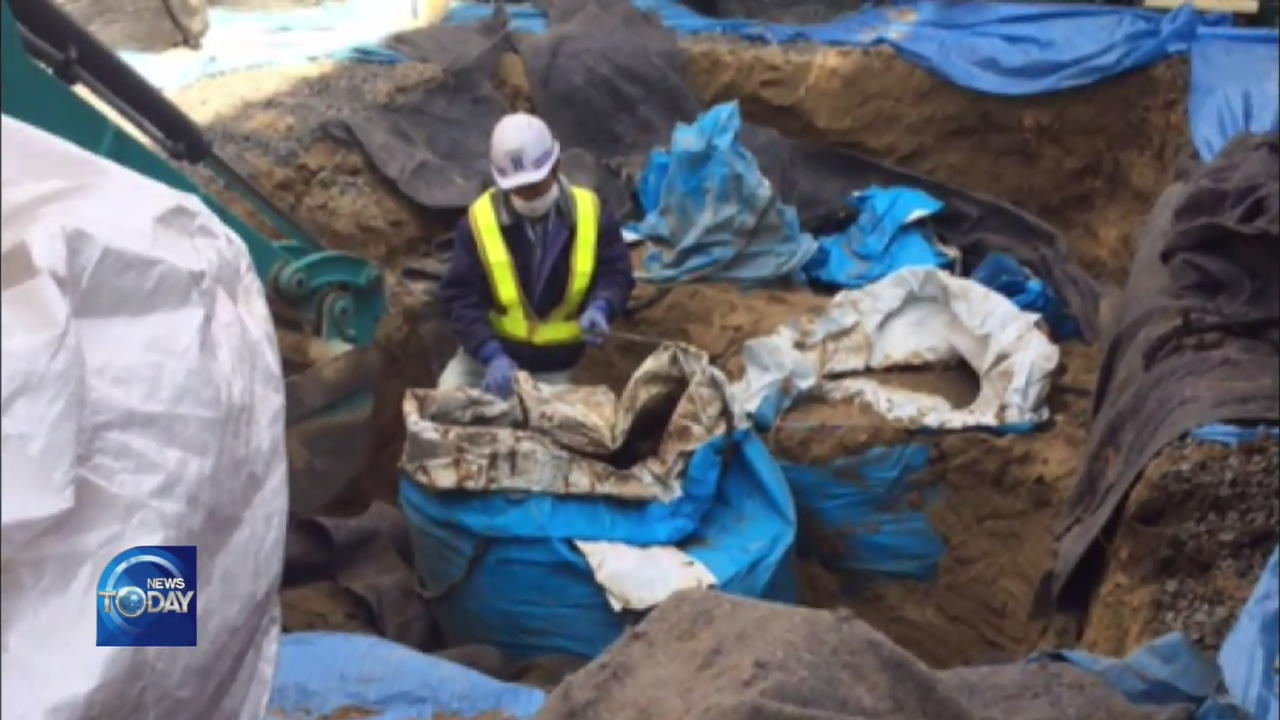
[Anchor Lead]
Eight years have passed since a nuclear meltdown happened in Fukushima, Japan. However, there is still a long way before the issues of radioactive waste water and soil pollution are resolved. KBS has found that Japan illegally assigned foreign workers to dangerous nuclear cleanup tasks at the crippled nuclear plant. As a result, a number of young Vietnamese workers were exposed to radiation without their knowledge.
[Pkg]
A KBS team visited Ho Chi Minh City, the financial center of Vietnam. They wanted to meet a young Vietnamese man who was exposed to radiation while participating in a technical trainee program in Japan. After some hard efforts to locate him, a meeting was arranged and the Vietnamese worker told KBS about what had happened to him.
[Soundbite] (VIETNAMESE RADIATION EXPOSURE VICTIM) : "I didn't know at first that I was cleaning up nuclear waste, which is bad for my health."
The young worker went to Japan to learn technical skills and expertise. However, he was assigned jobs of demolishing or cleaning up radioactive houses in the Fukushima region. He was not even given extra pay for conducting dangerous tasks to which nuclear cleanup workers are entitled. The Vietnamese worker was then ordered by the Japanese employer to go to the town of Namie, which lies within the nuclear exclusion zone set up in response to the Fukushima disaster.
[Soundbite] (VIETNAMESE RADIATION EXPOSURE VICTIM) : "I was so scared that I refused to go down there. However, they forced me to go, saying that they would send me back to Vietnam if I rejected the transfer."
But he had to go to Namie for the extension of his visa. Two months later, the worker began to feel strange symptoms with his bladder and went to see a doctor.
[Soundbite] (VIETNAMESE RADIATION EXPOSURE VICTIM) : "I didn't understand the diagnosis, since it was written in Japanese."
He was diagnosed with internal radiation exposure. He returned to his hometown after three years with cash totaling only a few million Korean won and continuous anxiety over his condition.
[Soundbite] (VIETNAMESE RADIATION EXPOSURE VICTIM) : "We would have not gone there if we had known it. We just wanted to learn expert skills in Japan, which is an advanced country."
The young man now has to live as a radiation-exposed worker in Vietnam, a nation that has no nuclear power plants. Earlier this month, he filed a lawsuit with two fellow Vietnamese victims against their Japanese employer.
Eight years have passed since a nuclear meltdown happened in Fukushima, Japan. However, there is still a long way before the issues of radioactive waste water and soil pollution are resolved. KBS has found that Japan illegally assigned foreign workers to dangerous nuclear cleanup tasks at the crippled nuclear plant. As a result, a number of young Vietnamese workers were exposed to radiation without their knowledge.
[Pkg]
A KBS team visited Ho Chi Minh City, the financial center of Vietnam. They wanted to meet a young Vietnamese man who was exposed to radiation while participating in a technical trainee program in Japan. After some hard efforts to locate him, a meeting was arranged and the Vietnamese worker told KBS about what had happened to him.
[Soundbite] (VIETNAMESE RADIATION EXPOSURE VICTIM) : "I didn't know at first that I was cleaning up nuclear waste, which is bad for my health."
The young worker went to Japan to learn technical skills and expertise. However, he was assigned jobs of demolishing or cleaning up radioactive houses in the Fukushima region. He was not even given extra pay for conducting dangerous tasks to which nuclear cleanup workers are entitled. The Vietnamese worker was then ordered by the Japanese employer to go to the town of Namie, which lies within the nuclear exclusion zone set up in response to the Fukushima disaster.
[Soundbite] (VIETNAMESE RADIATION EXPOSURE VICTIM) : "I was so scared that I refused to go down there. However, they forced me to go, saying that they would send me back to Vietnam if I rejected the transfer."
But he had to go to Namie for the extension of his visa. Two months later, the worker began to feel strange symptoms with his bladder and went to see a doctor.
[Soundbite] (VIETNAMESE RADIATION EXPOSURE VICTIM) : "I didn't understand the diagnosis, since it was written in Japanese."
He was diagnosed with internal radiation exposure. He returned to his hometown after three years with cash totaling only a few million Korean won and continuous anxiety over his condition.
[Soundbite] (VIETNAMESE RADIATION EXPOSURE VICTIM) : "We would have not gone there if we had known it. We just wanted to learn expert skills in Japan, which is an advanced country."
The young man now has to live as a radiation-exposed worker in Vietnam, a nation that has no nuclear power plants. Earlier this month, he filed a lawsuit with two fellow Vietnamese victims against their Japanese employer.
이 기사가 좋으셨다면
-
좋아요
0
-
응원해요
0
-
후속 원해요
0










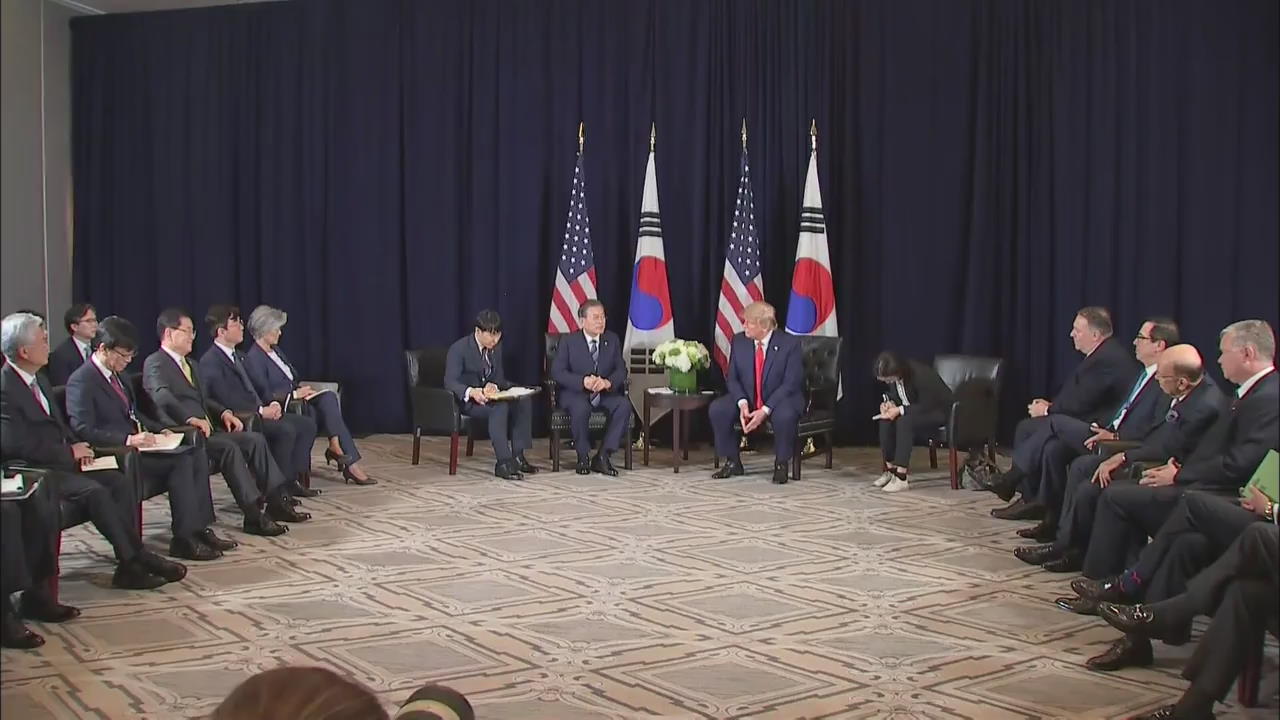
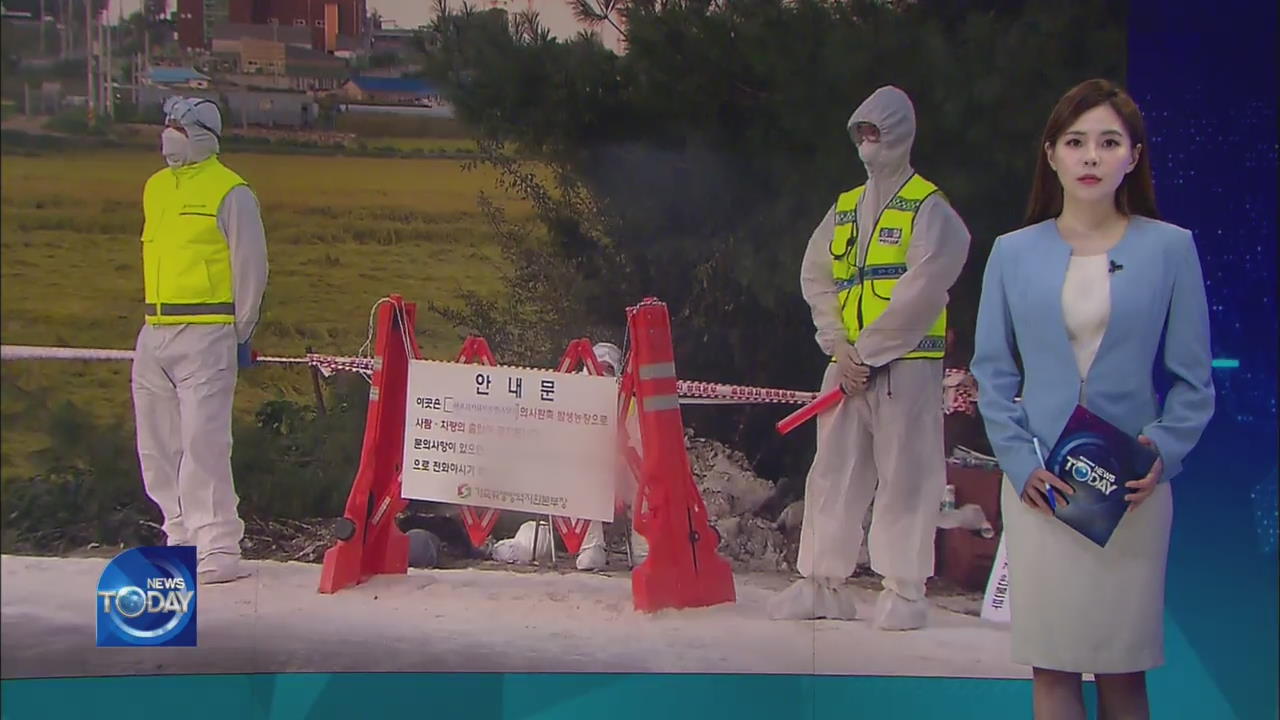
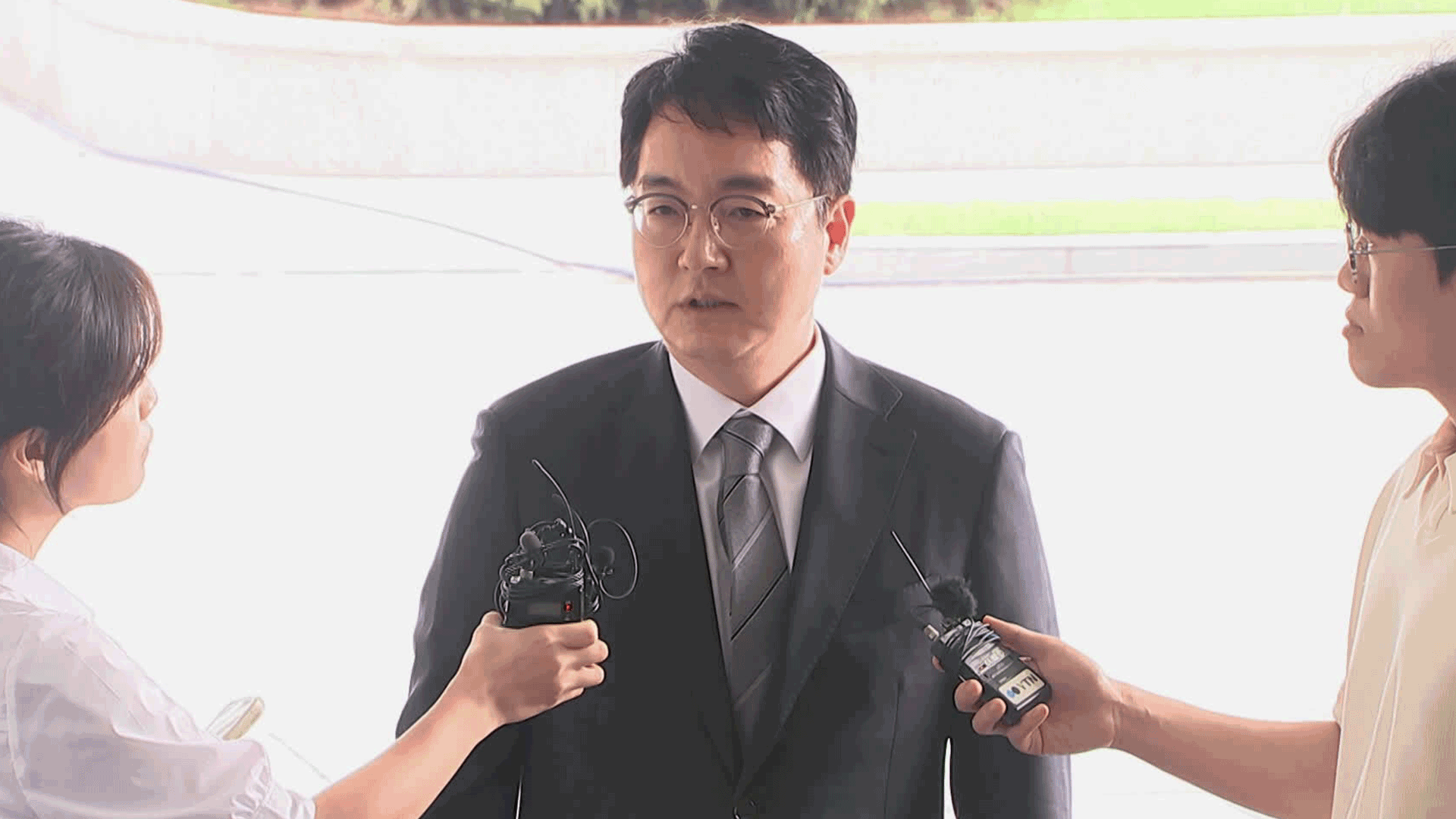
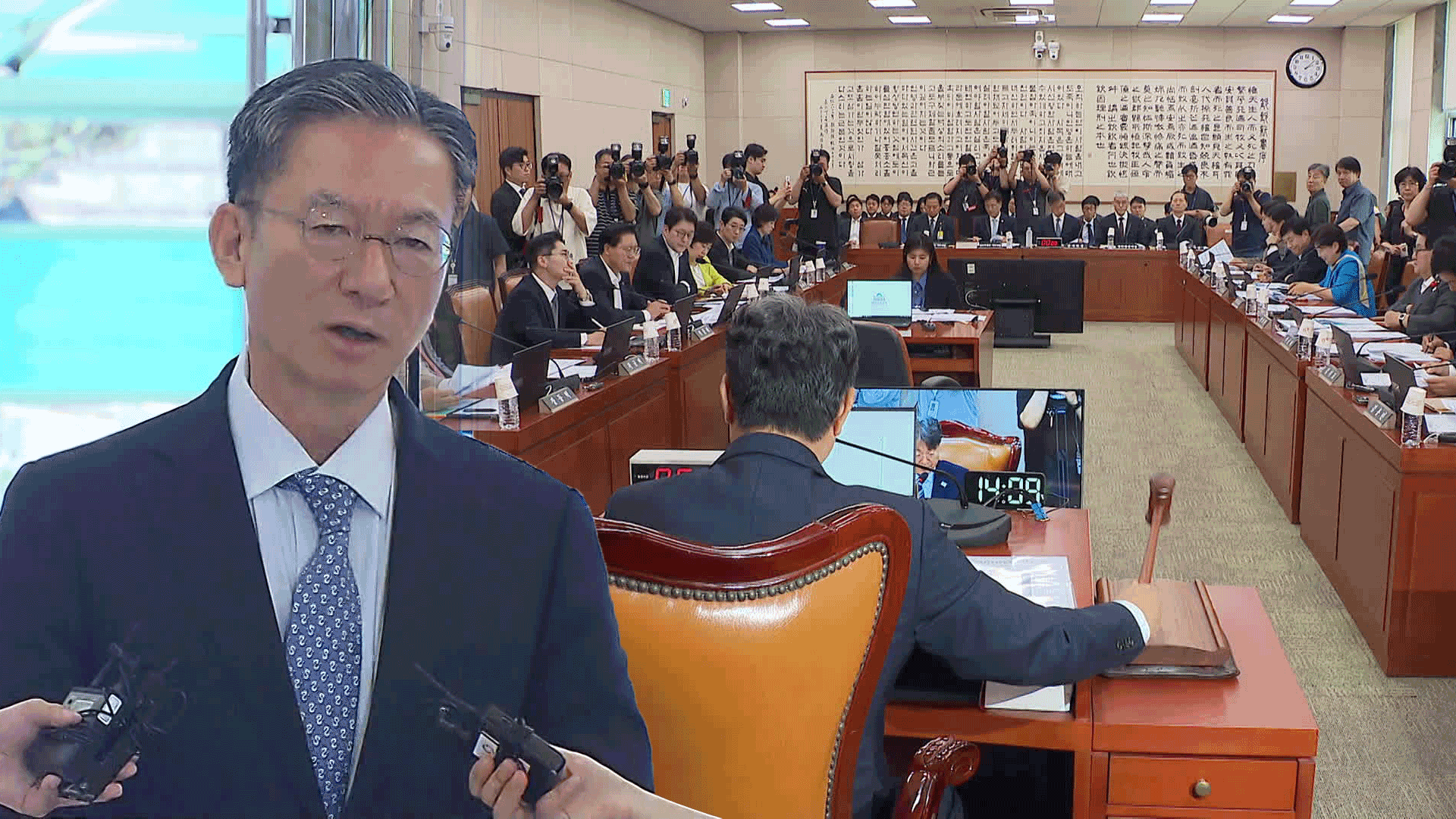
![[단독] 골프연습장 아니라더니<br>…‘한남동 골프연습장’ 도면 입수](/data/news/2025/07/01/20250701_Uh8Jnu.png)
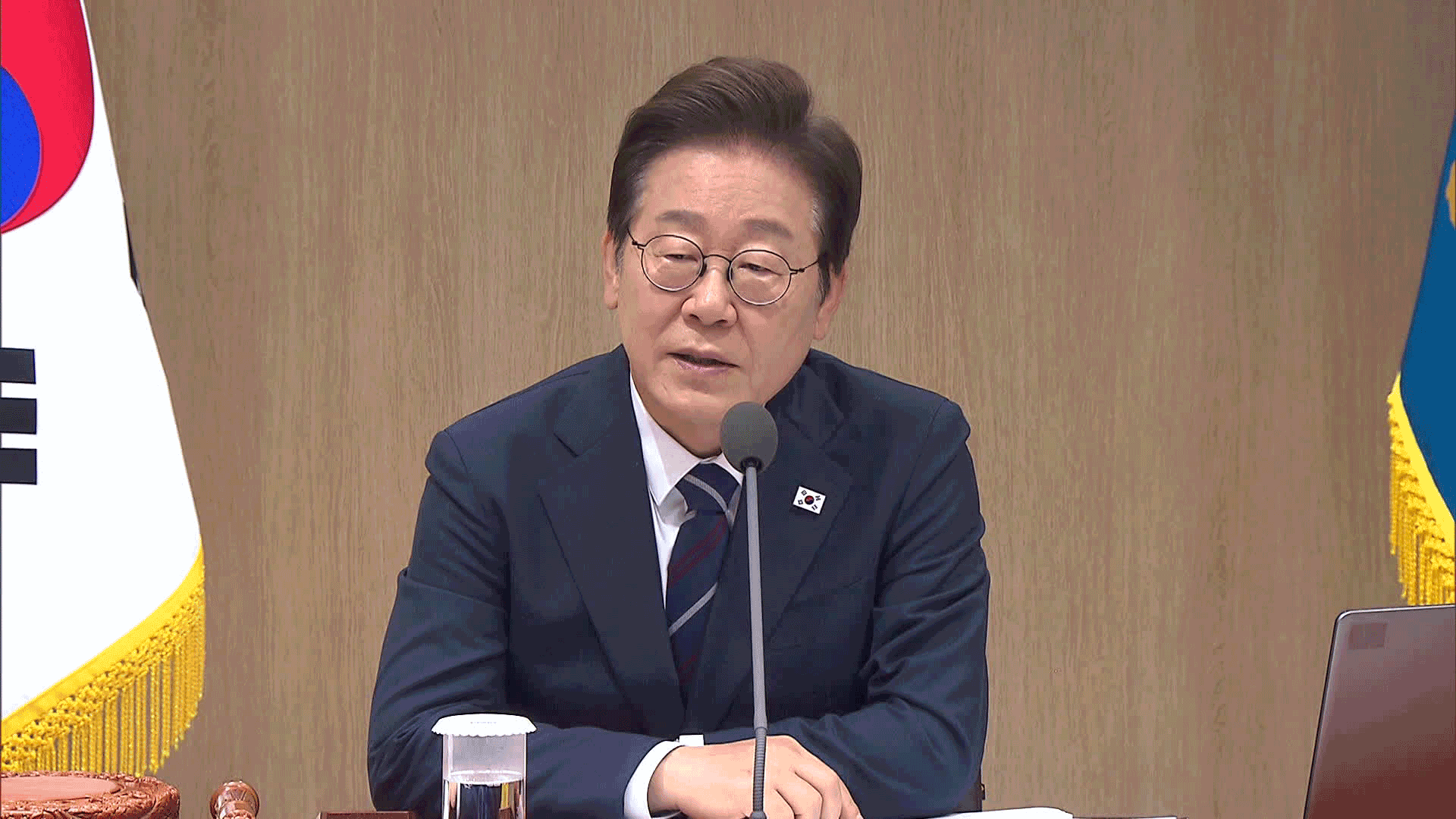

이 기사에 대한 의견을 남겨주세요.